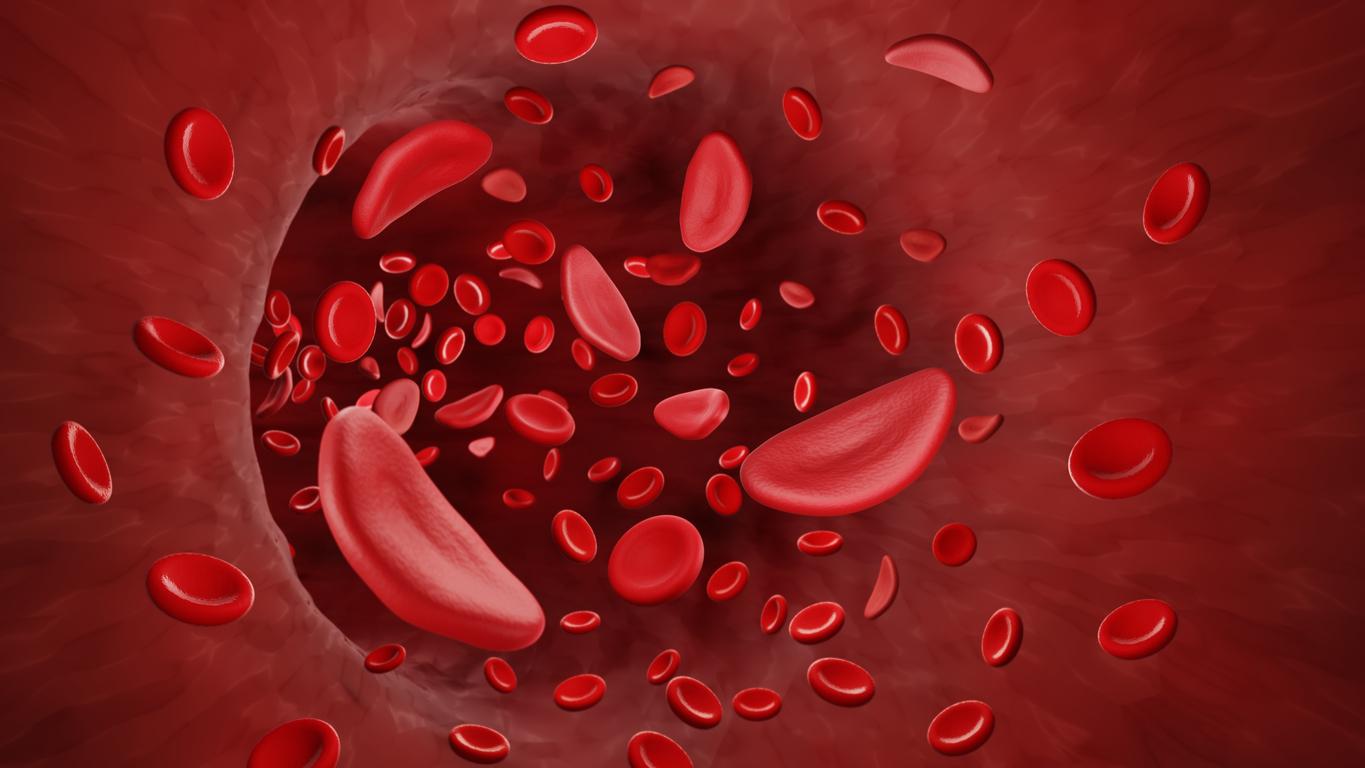The open access genetic testing market is growing. 3andMe, Ancestry DNA, MyHeritage… These private companies promise to specify the geographical origins of their customers, to find them possible more or less distant relatives or to measure their risk of developing certain diseases.
Are “recreational” testing allowed?
Since March 2018, screening for three genetic mutations linked to breast cancer is, for example licensed by the U.S. Drug Constable, Food and Drug Administration (FDA).
These so-called “recreational” tests produce a considerable volume of genetic data, which is then sold by these private companies. But above all, they are disconnected from the treatment path, because carried out without the intermediary of a doctor to analyze their results. They can panic for no reason. Because having a risk of Alzheimer’s does not mean that the pathology will develop. Genes only partially influence the risk of being affected. Medical history, lifestyle or environment play just as much. Hence the mistrust of the French medical profession.
Prohibited tests … except in the medical context
In France, the marketing of these tests, recreational or predictive, is moreover prohibited by thearticle 226-28-1 of the Penal Code. This does not prevent the population from buying saliva kits on the Internet, despite a risk of a fine of € 3,750.
However, there is one area in which the production of genetic data is permitted: therapeutic purposes. These genetic tests, proposed this time within national health systems, more fundamentally provide information relating to the health of individuals and their families. They are particularly important in the context of screening for genetic diseases.
In France and according to figures fromImagine Institute, more 3 million people have genetic diseases. Each year, 30,000 new cases are diagnosed. In total, there are more than 9,000 pathologies, including “Most are severe, chronic, disabling and are life-threatening from childhood. They can affect several people from the same family ”, details the institution.
Read also :
Controversial DNA test arrives in Britain
When is a genetic test done?
Several situations lead to consult a geneticist. The patient can experience it on his own, in the event that a family member would have a genetic disease and that he would like to know his likelihood of contracting or passing it on to his future children. It can also belong to a population where the risk of developing certain disorders is high. Cystic fibrosis, for example, is more common in Europe or North America. Sickle cell anemia and thalassemia, in Mediterranean and Asian populations.
An individual suffering from a pathology whose cause is still unknown may also be referred by his general practitioner or specialist to a geneticist practitioner. A gynecologist will also do this with a patient suffering from an inherited disease that she risk of transmitting to his child. These genetic consultations are carried out in all university hospital centers (CHU) and in certain large general hospital centers (CHG).
From consultation to test
However, all these consultations do not lead to the prescription of a genetic test. Initially, the genetic counselor gathers all the information on the family history (construction of a genealogical tree), the examinations already carried out … Once all these data have been analyzed, the diagnosis can be confirmed by this test.
There are several kinds :
- the preconception diagnosis, in anticipation of pregnancy, to ensure that there are no contraindications to it.
- the preimplantation diagnosis (DPI). It makes it possible to detect the presence of genetic abnormalities in embryos conceived under in vitro fertilization (IVF) before implantation in the uterus and to “select” healthy carriers.
- the prenatal diagnosis (DPN) identifies possible genetic abnormalities in utero in the embryo or fetus, in order to give future parents the choice of whether or not to terminate the pregnancy. In the event that it is continued, this allows it to be better taken care of.
- the neonatal test tests every newborn for the potential presence of one of these five diseases: phenylketonuria, congenital hypothyroidism, congenital adrenal hyperplasia, sickle cell anemia and cystic fibrosis. It’s the guthrie test.
Read also :
Baby: a test to detect 55 diseases
First consultation with the genetic counselor
The genetic counselor supports people before, during and after the genetic test. “Just as the midwife makes the link between the pregnant woman and the gynecologist, the genetic counselor creates the link between the patient and the geneticist “, illustrates Roxana Borghese, genetic counselor at the Necker-Enfants Malades Hospital.
Of the 212 graduates of the only Master in France leading to this profession, each professional has their own area of expertise, from sickle cell disease to deafness. Specialized in pre-implantation (PGD) and prenatal (PND) diagnoses, Roxana Borghese welcomes couples in consultation and follows them throughout their journey.
An approach fraught with consequences
“Inform, listen, support”. This is his mantra. But depending on the approach, the consultations differ. In the context of an ongoing pregnancy, the first consultation allowseducate patients about the procedure, the interest of PND and the possible consequences of its results (risk for the offspring, threatened vital prognosis, therapeutic follow-up to be implemented, medical termination of pregnancy). The legal framework is also communicated to them, before scheduling the genetic sampling.
In the case of PGD and IVF, a first meeting warns of the heaviness and painfulness of the gait. “Only 20% of embryo transfers will lead to pregnancy”, reveals the genetic counselor. Couples who nevertheless decide to continue this procedure are placed on a waiting list. “There are only five centers approved for DPI in France. The time to first diagnosis can take between 18 months and 2 years. “ And not everyone will have the chance to have a healthy embryo, and therefore transferable, even after their fourth attempt. Many future parents give it up, and therefore find themselves having to perform a genetic test once the pregnancy is on the way, she explains.
How is a genetic test carried out?
DNA is taken from a simple blood test. The examination takes place in a specialized laboratory, as it requires not only specific technical equipment, but also personnel capable of interpreting the results. Part of the patient’s genetic material, and only part, will be studied to identify one or more abnormalities.
According to the Biomedicine Agency, the human species has around 25,000 genes. Only certain genes are targeted depending on the potential pathology. French law forbidden to “Watch everything”, says Roxana Borghese. In France, more than 1,500 different diseases can thus be diagnosed with genetic tests, according to Inserm. The results are obtained within several weeks, even several months.
What follow-up after the test?
Depending on the results and their consequences, the genetic counselor provides information on all of the possibilities available to the patient. For this, he works in collaboration with various specialists (psychologist, medical and paramedical professionals).
Detection of a disease-carrying gene does not necessarily imply the same manifestations of the disease in the parent and their offspring. “For example, neurofibromatosis can manifest itself in the cutaneous form in the mother, while it will be responsible for more severe disorders, such as delay, in the child”, clarified the counselor.
If a serious genetic disease is diagnosed and it may affect other members of the patient’s family, the patient must inform them, under penalty of criminal repression.
Towards a systematic preconception test?
September 18, 2018 in its opinion n ° 129, the National Consultative Ethics Committee was in favor of the general opening of certain tests: “Preconception genetic screening, the aim of which is to prevent serious pathology in the unborn child, could be offered to all people of childbearing age. “ For Professor Stanislas Lyonnet, geneticist at the Necker-Enfants Malades University Hospital at the head of the Imagine Institute, the financing of these tests by couples would make it possible to release a fund for subsidize research on these same genetic diseases screened. And manage, perhaps one day, to heal them.
Read also :
The end of genetic diseases soon?

















